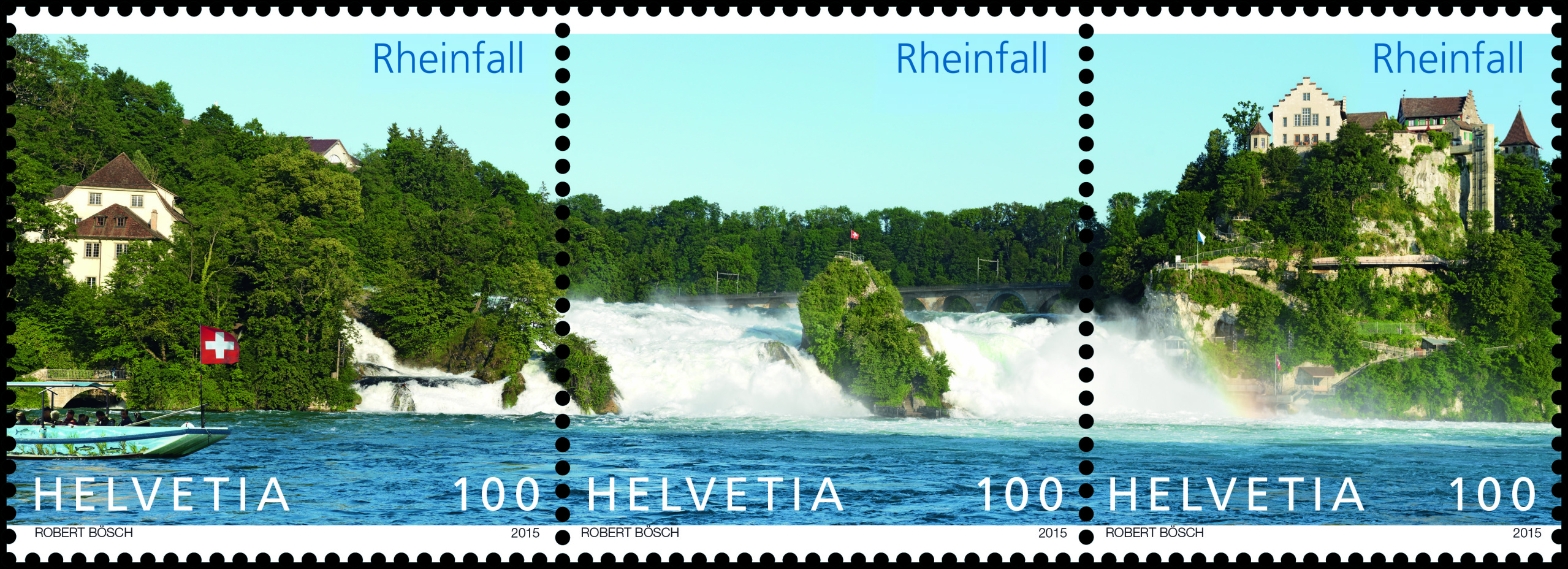Higher-than-normal levels of pesticides have been found in 20% of the nation’s drinking water supplies from groundwater, prompting industry calls for tougher action to cut the costs of treating the water. A fifth of the samples seen in national monitoring data contained pesticide levels higher than the acceptable limit of 0.1 microgram (0.001 milligram) per liter. Some measurement points even exceeded 70%, Swiss newspaper NZZ am Sonntag reported on Sunday. “There is a need for action,” said Martin Sager, director of the Swiss Gas and Water Industry Association. "We must avoid the fact that more and more new substances are entering the water." Farmers use chemical crop protection agents to optimize their yields and keep weeds and pests at bay. But pesticide residues can remain in the soil or seep into bodies of water. The association says that "organic pesticides, their degradation products and other trace elements can be detected in Switzerland in many measuring points as well as in certain drinking water sources."
Each year, Swiss farmers use more than 2,000 tons of pesticides in their crops, and the chemicals wind up in streams, lakes and groundwater that serves as the main source of drinking water in Switzerland. Suppliers want stricter laws to protect the groundwater and more effective use of current regulations, since they say only 60% of groundwater zones are effectively protected. Among their aims is to reduce the costs for treating it. The data cited come from NAQUA National Groundwater Monitoringexternal link, part of the Federal Office for the Environment. NAQUA’s mission is to coordinate protection of groundwater and the public from harmful organisms and substances. The data it collects are used in national and international reporting. Water suppliers favor protection zones where all pesticides would be prohibited and ensuring that groundwater is effectively sealed off from contamination by roads, industry or agriculture. "We expect the farmers to make do with less or no use of pesticides in the area of drinking water," said Sager.
There also are movements afoot to collect signatures for political initiatives aimed at ensuring clean drinking water and healthy food, which the supporters say would call for a general ban on synthetic pesticides and artificial products to protect plants. They would cut off government payments to anyone who uses pesticides or antibiotics on their farms. A survey commissioned by environmental groups that was published on June 1 found the vast majority of Swiss want local farmers to use fewer pesticides on their fields. The poll by the Zurich-based GfS research institute, on behalf of a coalition of environmental groups made up of Greenpeace, Pro Natura, BirdLife Switzerland and WWF Switzerland, found that 65% of people want the government to enforce a lower usage of pesticides in Switzerland. Around half of those questioned said the government should only hand out subsidies to farms that specialized in organic farming. Three out of four people said they were totally against any pesticides ending up in streams and in drinking water.
An extensive long-term study of Swiss streams, published in April by the Federal Office for the Environment, revealed high levels of pollution that pose a threat to the nation’s biodiversity. A steady cocktail of herbicides, fungicides and insecticides used in farming, in particular, affects invertebrates.
In the 1,800 water samples collected in 2015, researchers found 128 different plant protection products: 61 herbicides, 45 fungicides and 22 insecticides. In 80% of the samples, at least one substance exceeded the limit specified in federal law. The Federal Office for Agriculture is developing a plan to improve water quality throughout Switzerland that the government is expected to approve later this year.
Source: SWI swissinfo.ch, 18.06.17
https://www.swissinfo.ch/eng/clean-water_concern-over-pesticides-in-dri…

- Login om te reageren
